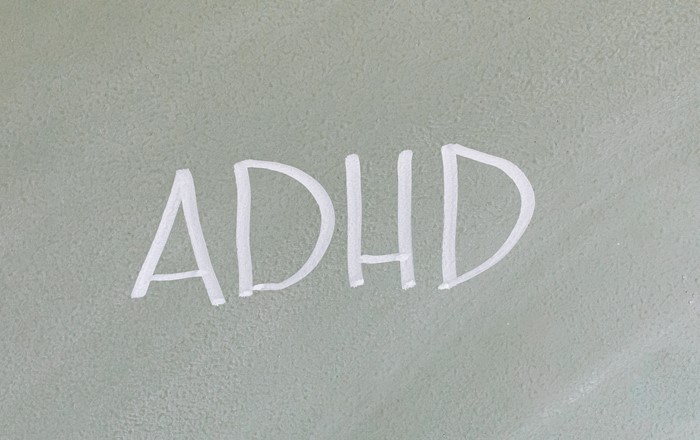
Children younger within the school year are more likely to be treated for ADHD which suggests immaturity may influence diagnosis.
Children younger within the school year are more likely to be treated for Attention-Deficit Hyperactivity Disorder (ADHD), suggesting immaturity may influence diagnosis, according to a new study led by researchers at Population Data Science at Swansea University and the University of Glasgow.
The study aimed to investigate the association between age and ADHD with researchers linking health and education data from Scotland (population 5.4million) and Wales (population 3.1million).
Study of 1,063,256 schoolchildren
The research team looked to explore the impact of holding back children and whether flexibility in school starting dates masks or reduces the relative age effect.
Education and health records of 1,063,256 primary and secondary school children in Scotland (2009-2013) and Wales (2009-2016) were anonymously linked – to enable the research team to examine the relationships between age within the school year and treated ADHD. The research accounted for held-back children with the cut-off date of birth for entry into schools being 1st March and 1st September in Scotland and Wales respectively.
The study's key findings reveal that:
- Overall, 8,721 (0.87%) of children in the study were treated for ADHD (Scotland 0.84% and Wales 0.96%).
- Children who were youngest in their class were more likely to be diagnosed with ADHD.
- More children were held back in Scotland (7.66%) than in Wales (0.78%).
- Held-back children were more likely to be male, affluent, preterm and low birth weight and less likely to have been born by Caesarean section or have mothers who smoked during pregnancy.
- Held-back children were more likely to have been treated for ADHD, and 81.18% of held-back children would have been the youngest in their year.
- The prevalence of ADHD was higher in boys, and increased with deprivation, maternal smoking during pregnancy, lower maternal age, birth weight and APGAR score (based on health checks given to babies at birth).
Professor Michael Fleming, joint first author from the University of Glasgow, said:
“Our findings revealed that children younger within the school year are more likely to be treated for ADHD, suggesting immaturity may influence diagnosis. However, this trend looks to be masked in countries with flexible start date policies where younger children with attention or behavioural problems are more likely to be held back a year. Holding back children does not appear to reverse the need for ADHD medication. It is possible that holding back children with ADHD might, nonetheless, improve other outcomes."
Amrita Bandyopadhyay, joint first author from Population Data Science at Swansea University, added:
"Clinicians assessing or treating children and young people for ADHD should be aware that irrespective of the cut-off date for school entry, children younger within their school year are more likely to be treated for ADHD. However, this trend may be masked in countries with flexible start date policies where younger children with attention or behavioural problems are more likely to be held back a year if the teachers and parents agree that this is in the child's best interests."
Read the full article in BMC Public Health
The Scottish part of the study was sponsored by Health Data Research UK. The Welsh research was supported by the National Centre for Population Health and Well-Being Research (NCPHWR).
